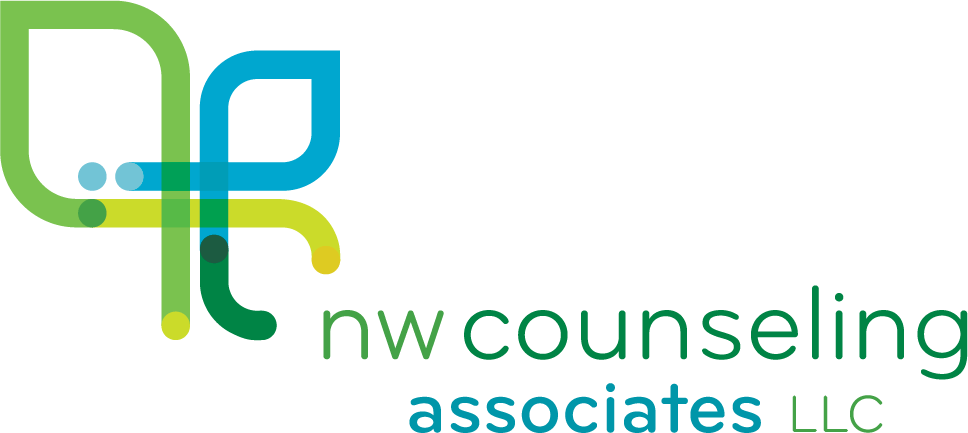Camry Young, LPC
Child and Family Therapist
Scheduling: 503.444.8230
Hours: Monday-Friday, 9:00am - 6:00pm
“It is a happy talent to know how to play.”
— Ralph Waldo Emerson
My Approach
My hope as a therapist is to provide a safe and accepting environment where my clients are empowered to be their authentic selves. I believe that the relationship between therapist and client is the key factor in creating lasting and positive change. With children, I primarily practice Child-Centered Play Therapy, which allows them to express themselves and their feelings and to process their experiences in a way that is developmentally appropriate and natural for them.
Ages:
3 years - adolescence
Specialities:
Child-Centered Play Therapy
Collaborative Problem Solving
Family relationships and conflict
Anxiety and depression
School-related concerns and stress
Behavioral and emotional concerns
FAQs
What is your training?
I completed my Bachelor’s Degree in Psychology at Utah State University and received a Master’s Degree in Clinical Mental Health Counseling from Southern Oregon University. My coursework included an emphasis on development across the lifespan, family therapy, diagnosis and treatment of children, and treatment planning. I have completed additional training in play therapy and am currently working to become a Certified Child-Centered Play Therapy Practitioner.
What is Child-Centered Play Therapy?
Child-Centered Play Therapy (CCPT) is a type of therapy for children ages 3 to 10 that is proven to be beneficial for a number of presenting concerns, including for ADHD, anxiety, aggression, depression, and trauma. While adults can more easily use words to express themselves, children naturally use play to express their feelings and to process their experiences. In CCPT, your child leads the session and is allowed to play at their own pace and in ways that are meaningful and important to them. The toys in the playroom encourage your child to express and process their feelings, including anxiety, anger, insecurity, excitement, and curiosity, in a safe way. When children have a safe and accepting environment to process these emotions, they experience fewer social, emotional, and behavioral challenges.
What is your experience with children and teens?
As a Master’s student, I completed an internship providing mental health counseling to students at a middle school. After receiving my degree, I began working with children ages 5 to 11 years in a school-based setting as a mental health therapist. During this time, I worked with children diagnosed with ADHD, trauma, anxiety, depression as well as those experiencing emotional and behavioral dysregulation. I have experience working with diverse family structures, including single-parents, divorced and separated families, foster families, and non-parent caregivers.
What can I expect if I come to see you?
My approach to therapy is child-centered and involves regular collaboration with caregivers and families. My goal is to meet with caregivers regularly to share progress, discuss concerns, and work together to find the best ways to support your child. I will meet with your child individually for our regular sessions.
With older youth, sessions may include more talk therapy or therapeutic activities, such as calming strategies and art.

